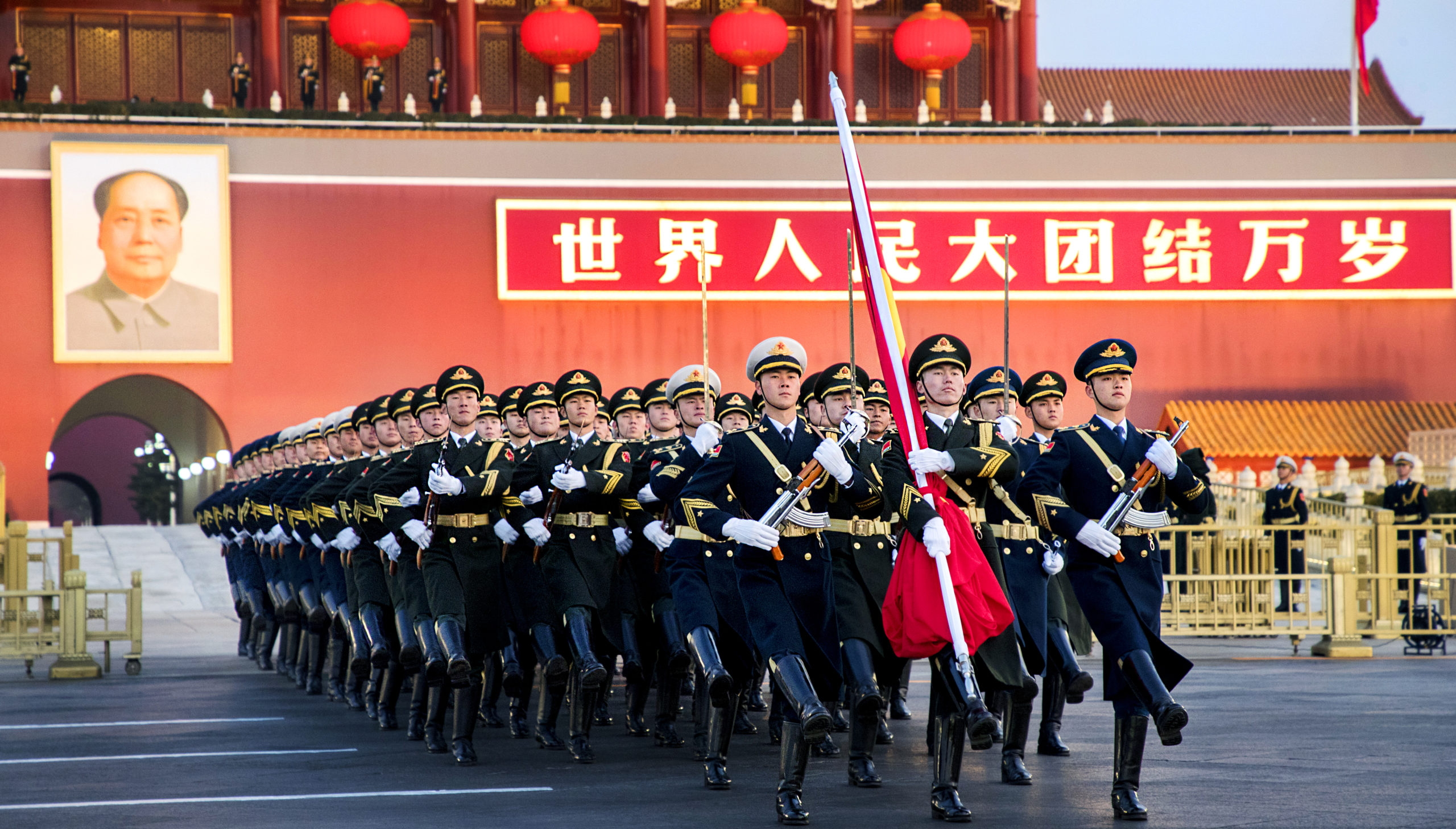Life for ordinary Chinese people like me is changing fast — both in and outside of the mainland. As restrictions grow ever tighter across the country, people are beginning to question if they are really about Covid. Take, for instance, the latest announcement by China’s National Immigration Authority (NIA), that they intend to ‘strictly restrict non-essential outbound activities of Chinese citizens’.
Like most Chinese diktats, this cryptic announcement did not come with a definition of what ‘essential activities’ actually means, and I cannot find any official explanations outside online discussions. It is murky — perhaps deliberately so — amid the backdrop of many other travel restrictions. Last year, China limited the issuance of travel documents, making it much harder to apply and renew Chinese passports. In the first half of 2021 (according to the latest statistics published by NIA), the number of passports issued was only 2% of the number in the same period in 2019.
Restrictions on travel like this have not been seen in the last 30 years, since freedom to travel abroad was granted to Chinese citizens in the 1990s. Suddenly, it is incredibly difficult to get both in and out. It took my Chinese friend’s father, who works in South East Asia, two months to pass through several ports to eventually cross China’s border. He has now spent over 40 days in quarantine hotels in different cities, still unable to return home. Ling, another Chinese citizen who lives in London, flew back to China in 2020 to give birth, but she has been unable to see her husband since because he could not obtain a visa. Now her son is more than one year old and has yet to meet his father in person. It would seem that the ability for Chinese citizens to return home has moved from a right to a privilege.
But is there another motive behind these restrictions — one that doesn’t involve Covid? One possibility seeming increasingly relevant is that Beijing wants to repatriate its citizens based abroad in preparation for geopolitical strife. There are fears that, depending on how the situation in Ukraine develops, the West could decide to extend sanctions to China. If the Middle Kingdom is cut off from the world like Russia, it will want all of its citizens home so as to prevent capital flight.
More concerning still, if the recent conflict between the Shanghai and Beijing governments is a harbinger of more internal political tensions over the next few months, Xi Jinping may take a leaf out of Putin’s book and try to rally the nation around an external threat — the West or even Taiwan. Chinese propaganda around a possible invasion indicates that the Chinese President wants to secure a way out of potential troubles. What started as extreme measures against a virus is rapidly starting to seem like China moving onto a war footing.










Join the discussion
Join like minded readers that support our journalism by becoming a paid subscriber
To join the discussion in the comments, become a paid subscriber.
Join like minded readers that support our journalism, read unlimited articles and enjoy other subscriber-only benefits.
Subscribe